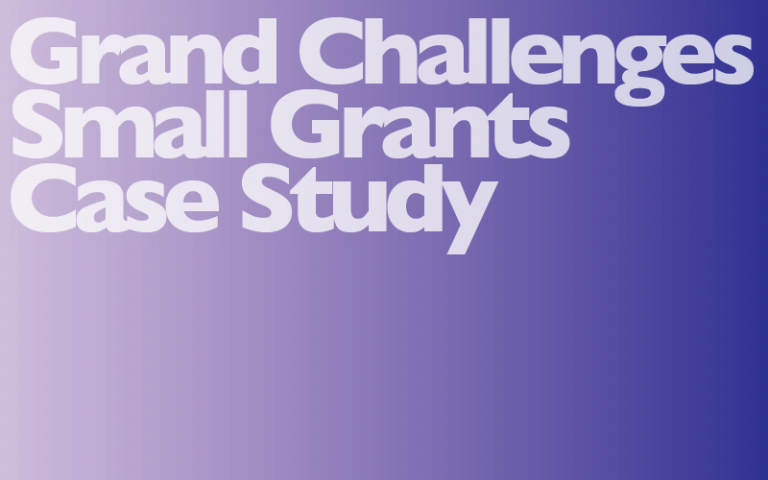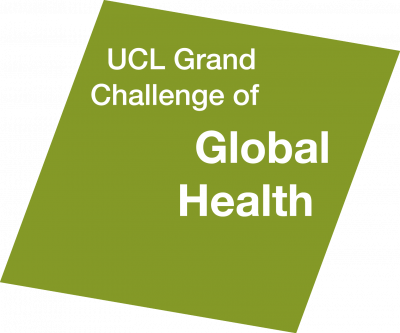Solar Pump and Pasteurisation System
Prototyping and evaluation of an innovative solar pump and pasteurisation system for impoverished areas with water-related health problems was a collaboration between the Energy Institute and CEGE

1 August 2015
It is a well-established fact that access to quality drinking water is one of the major global health challenges facing the world today. Over half a million children under five die every year due to water-related diseases, predominantly diarrhoea, the equivalent of one child a minute (WHO 2012).
At present, large amounts of electricity are used to pump water, at an enormous environmental and financial cost, particularly for developing countries where at times electrical energy is unreliable or insufficient. This in turn generates a large number of health problems worldwide, for lack of clean drinking water supplies.
In contrast to conventional solar pumps, which require solar photovoltaic panels to convert sunlight into electricity, usually costly or not easily available, this innovation consists of a pump that uses basic heating and gas expansion principles, requiring only the heat rays of the sun, in a manner akin to a solar cooker or heater, to generate the necessary suction and lift for pumping water, as well as having a pasteurising effect. This can be done at a much lower cost than conventional solar pumps and assembled with locally available materials. It can be implemented in a variety of settings, such as refugee camps or remote villages.
The technology has currently been developed enough to provide a consistent flow suitable for irrigation or lifting water from ground level (i.e. reservoirs, rivers, or rainwater cisterns) to elevated tanks for distribution. A working prototype of the pump, based on an idea conceived by Mr Peter McKay, has been fully built and tested at the Environmental Engineering lab at CEGE/UCL. Current research is underway to improve efficiency and enhance functionality.
The main goal of this grant would be to further develop and test the pump beyond lab conditions and then to ship a model to a community in a semi-arid region of Mexico, in which Engineers Without Borders (EWB-UCL) has ongoing projects for rainwater harvesting (RWH) and can thus support in installation and performance monitoring. A local NGO with an excellent track record working on sustainability projects, is also keen to support the project.
This area, located in the central state of Guanajuato, is particularly affected by insufficient and poor quality groundwater, with alarming levels of Fluoride exceeding international standards by a factor of 10 in some cases. Fluoride is known to cause a crippling disease of which the residents in the area already show early warning signs. The RWH systems were installed to help tackle these issues and formed the basis of a PhD thesis (Adler, 2014). EWB-UCL won a Public Engagement grant last year for the project.
The passive solar pump would operate even when electric power fails (common in the region), without any harmful emissions. The pilot test will generate data useful for future deployments in other affected areas around the world, such as Africa, where there is high enough solar radiation to make the technology feasible as a tool to tackle water-related health and poverty problems.
 Close
Close


